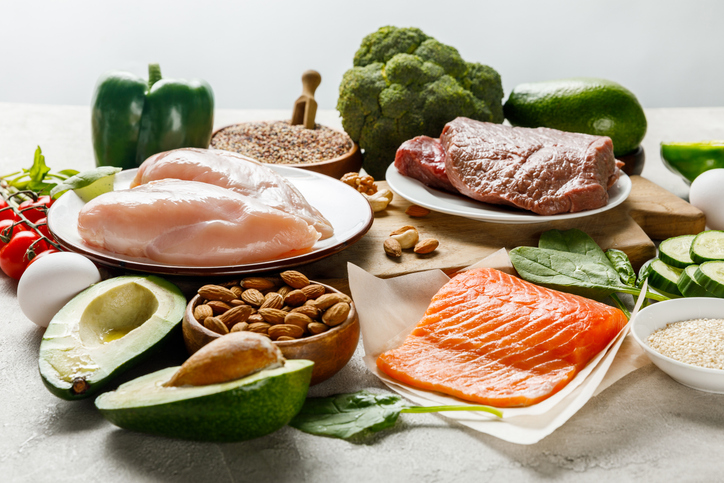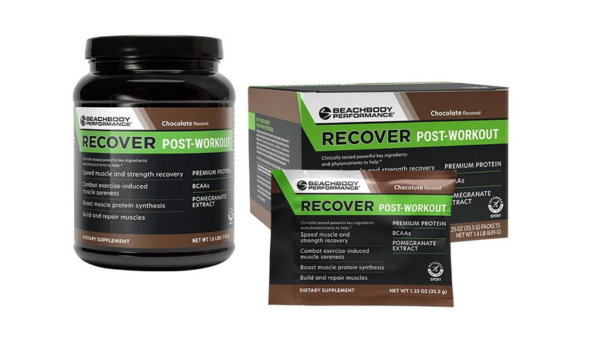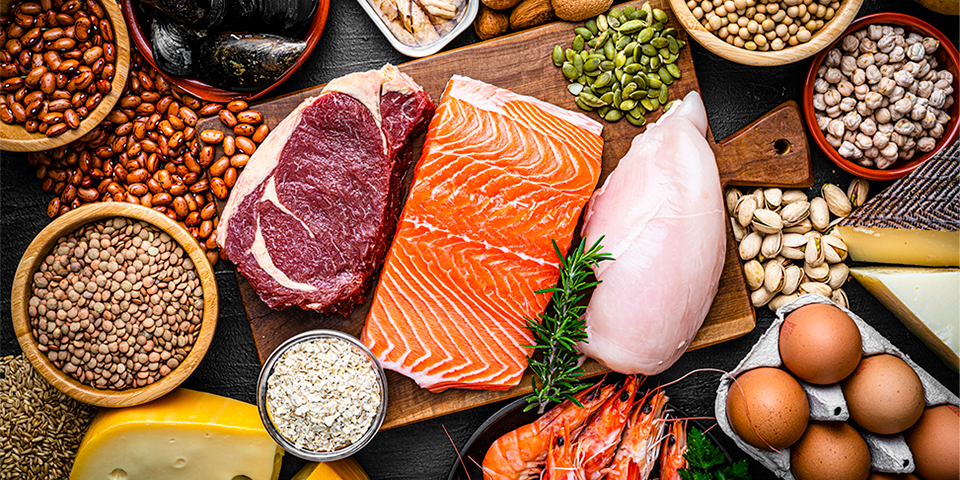Proteins, the building blocks of muscle, rely heavily on amino acids for growth and repair.
Imagine amino acids as a team of 20 individuals helping you to build muscle. Among them, leucine stands out as the head trainer, the star player, the CEO of Your Serious Gains, Inc.
So, why is leucine crucial for muscle building, and how can you ensure you're getting enough to achieve your fitness goals? Let's delve into the details.
Understanding Leucine's Role in Muscle Building

Leucine, one of the three branched-chain amino acids (BCAAs) along with isoleucine and valine, plays a crucial role in muscle building due to its unique branched structure.
According to Paul Falcone, principal scientist at BODi, research indicates that leucine has a significant impact on muscle building compared to other BCAAs.
Leucine plays a key role in muscle protein synthesis, a process essential for muscle growth. It directly signals mTOR, a vital nutrient sensor and regulator in the body known for its anabolic signaling, facilitating protein absorption in muscles for growth and preservation.
Falcone describes leucine as both a building block and a contractor at a construction site, making it the most important amino acid for muscle building.
Post-workout, leucine stimulates muscle protein synthesis through mTOR, aiding in muscle recovery and growth.
Benefits of Leucine Supplementation
Leucine is an essential amino acid that must be obtained from the diet as the body cannot produce it.
While leucine is present in various foods like meat, dairy, seeds, and beans, supplementation can also boost your intake. Beachbody Performance Recover offers BCAAs, including leucine, to support muscle growth and recovery.
Here are two potential benefits of incorporating leucine into your diet:
1. Muscle Mass and Strength
Leucine aids in muscle protein synthesis and may help prevent muscle protein breakdown after intense exercise or stress. Research suggests that a protein supplement containing leucine can help preserve muscle mass, especially during the aging process.
2. Skin and Bone Health
Studies suggest that leucine can positively impact skin and bone health by supporting growth and repair, similar to its role in muscle protein synthesis.
High Leucine Foods

Since the body does not produce leucine, it must be consumed through food or supplements. Animal-based proteins are rich sources of leucine.
According to USDA FoodData Central, foods like chicken, beef, pork, tuna, milk, and cheese contain high levels of leucine per serving.
For most adults, the recommended daily intake of leucine is 17.7 mg per pound of body weight. Active individuals may require higher protein and leucine intake to achieve their fitness goals, especially muscle mass gain.
Considering Leucine Supplementation

Instead of viewing leucine as a standalone supplement like beta-alanine, it should be seen as an indicator of protein quality, according to Falcone. A quality protein supplement will provide adequate leucine content.
Protein supplements should ideally contain 700 to 3,000 mg of leucine per serving, along with a balanced mix of essential amino acids, as recommended by the International Society of Sports Nutrition in 2017.
Beachbody Performance Recover is meticulously formulated to include the right balance of ingredients, including leucine, to support muscle growth, workout performance, and faster recovery.
*These statements have not been evaluated by the Food and Drug Administration. This product is not intended to diagnose, treat, cure, or prevent any disease.
